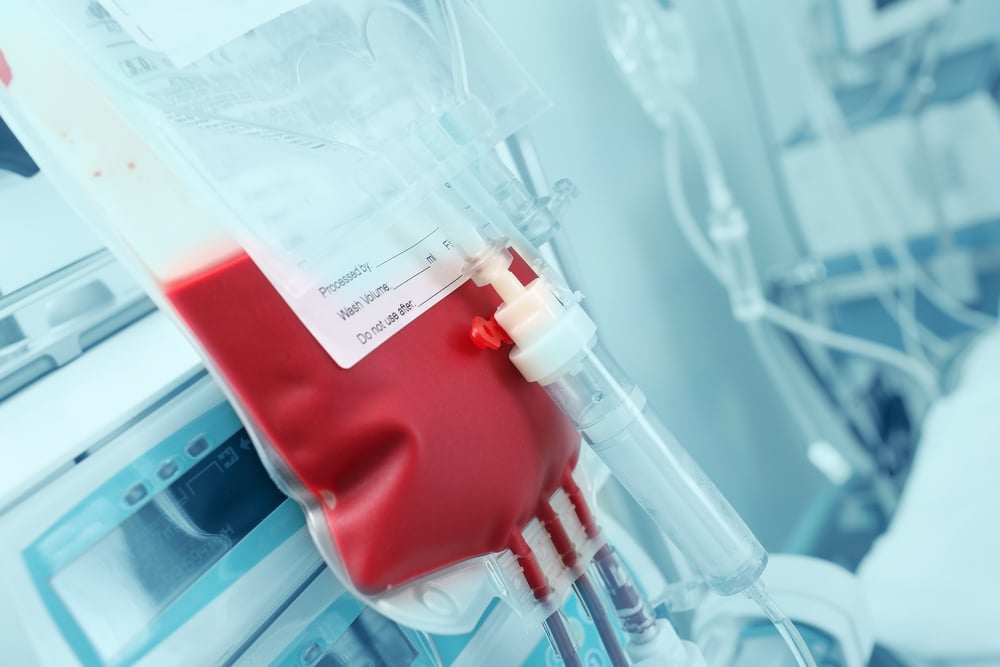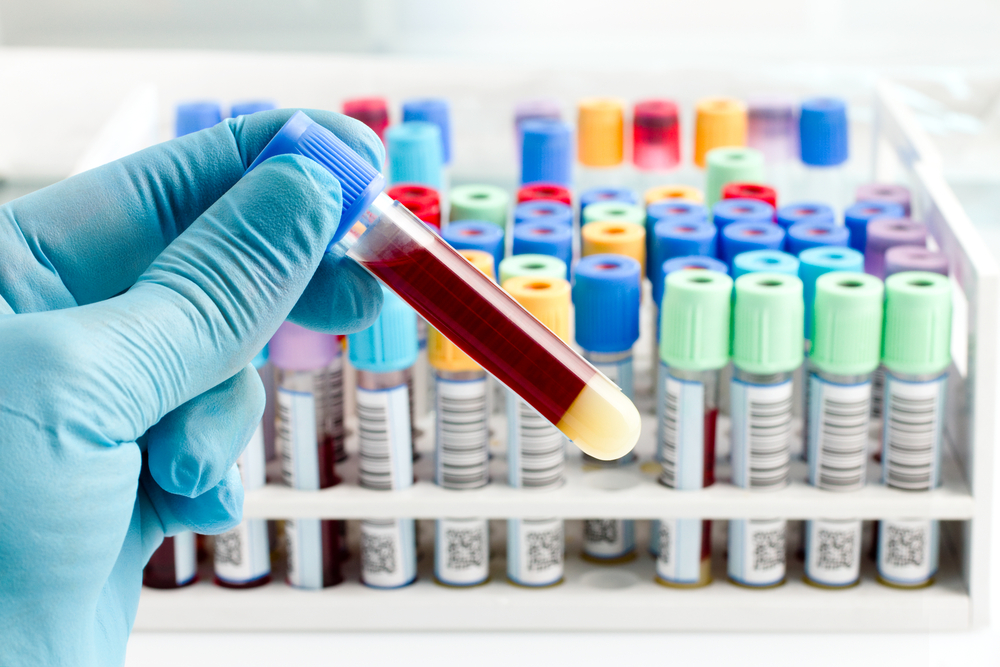Contents:
Medical Video: Best Time to Donate Blood or Plasma While Fasting | Intermittent Fasting & Weight Loss Advice
Blood is the most valuable gift anyone can give to those in need. Your decision to donate blood can save one life, or even several lives at once. But, what does the medical world say about blood donation during fasting? Can you donate blood on an empty stomach?
How many times is a blood donor recommended a year?
Blood donors should be done regularly. Don't worry about running out of blood if you routinely donate blood. This is because blood has an extraordinary regeneration ability to replace all cells and fluids that have been lost.
Your body produces about 2 million new red blood cells every second, so it doesn't take long to replace the "cluster" that is lost after blood donation. But, the body still needs about four to six weeks to completely replace all the components of the red blood cells in the body.
Given the above, International Red Cross recommend you donate blood at least Every 8 weeks (56 days), with maximum limits 6 times a donor in one year. But ideally, you should give a distance between donors at least 12 weeks or 3 months since your last blood donor. So what if your next blood donor schedule falls in the month of Ramadan? Can you still donate blood while fasting?
Can you donate blood during fasting?
The answer is, it's okay. Reporting from CNN Indonesia, Dr. Ari Fahrial Syam, clinical practitioner and health observer revealed his approval of blood donors during fasting. This is because regardless of the time you choose to donate blood, blood donation is still an activity that is beneficial to the health of yourself and the person who receives it.
Regular blood donors help keep the body's iron levels under control. This is proven to reduce the risk of various heart diseases. Excessive iron stock can cause blood viscosity, which is one of the risk factors for heart attack and stroke.
Excessive iron supplies can also cause oxidative damage in the body, which is a major cause of premature aging and cancer. This is why one of the benefits of blood donation is to reduce your risk of certain types of cancer, such as liver cancer, lung cancer, colon cancer, and throat cancer.
Blood donors during fasting may, but be aware of fainting
It should be understood that there is a separate health risk from blood donors while fasting. Blood donors during fasting can be at risk of fainting. This is because when fasting, the body experiences various kinds of conditions that can affect health.
During fasting, the body cannot obtain energy from food and drink like at other times. To work around this, the body then switches to emergency energy deposits from glucose stored in the liver and muscles. It starts about 8 hours after the last meal is consumed. The work of the brain and vital organs in your body is very, very dependent on the function of glucose. Blood sugar levels that have fallen too low are unable to support the body's and brain's energy needs.
People who fast also often experience dehydration because their bodies don't get enough fluids from the food and drink they should. Even though the body constantly releases fluids during the day, through sweat, urine, and during bowel movements.
Water can also be lost from blood vessels, which then disrupts blood circulation. Not to mention, fasting can increase stress levels and interfere with sleep. The combination of various kinds of "complications" of fasting is what causes you to become powerless, difficulty concentrating, dizziness, headaches, and often trembling.
Meanwhile, a large amount of iron in your body is also lost after blood donation. To compensate for this, the remaining iron will be rotated evenly throughout the body. Iron deficiency can cause hemoglobin levels to decrease. Hemoglobin is responsible for carrying oxygenated blood to every cell in your entire body, including the brain.
If your blood does not contain enough hemoglobin, brain tissue does not receive enough oxygen. Similarly, inadequate sodium and potassium levels during fasting can affect heart rate and blood pressure, which can also reduce blood flow to the brain.
Iron and oxygen deficiency, low blood sugar levels, and low blood pressure - all of which can cause dizziness and fainting, especially if it occurs simultaneously. This causes your heart rate and blood pressure to drop suddenly. As a result, blood flow to your brain becomes blocked, causing you to lose consciousness temporarily.
Safe tips for giving blood donors while fasting
Although blood donation during fasting has the potential to cause fainting, it does not mean you should not do it. It's best to choose the right time. It should be understood that to be able to donate blood while fasting, donors should have "armed" themselves with sufficient nutritional and fluid stores within four hours before making a donation. Most blood donor guidelines recommend that fasting donors should drink at least 500 ml of drinking water immediately before and after donating blood.
Therefore, Dr. Laila Al Shaer, head of the Dubai Blood Donation Center (DBDC), quoted from Gulf News, suggested that people who fasted should donate blood after breaking the fast. Thus, you have enough time to replenish your body with nutrients and water, to avoid the possibility of fainting after a blood donor.
And not only that you have to prepare. A few nights before blood donation, try to get enough of your body's nutrients and fluids with iron-rich foods and drinks, such as red meat, chicken, fish, dairy products, nuts and seeds, and spinach. Avoid fatty foods, such as fast food or ice cream, which can outwit blood tests.
Drink plenty of water and other drinks before blood donation. On the eve of blood donation, try to get enough rest - also afterwards. Also increase fluid and food intake after blood donation during fasting.












